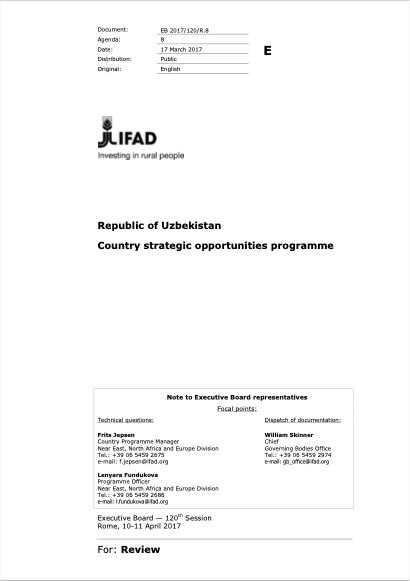The economics of land fragmentation in the individual farm sector of Moldova
În această lucrare se descrie starea actuală a fragmentării funciare al gospodăriilor ţărăneşti din Republica Moldova şi efectele pe care le are aceasta asupra bunăstării familiilor rurale şi a productivităţii exploataţiilor agricole. Ipoteza de bază înaintată este dacă consolidarea terenurilor agricole va avea efecte benefice asupra productivităţii şi dacă această este binevenită pe termen lung. În acest context, se va examina consolidarea în baza principiilor economiei de piaţă, utilizând informaţia obţinută din mai multe studii de teren recent efectuate.







